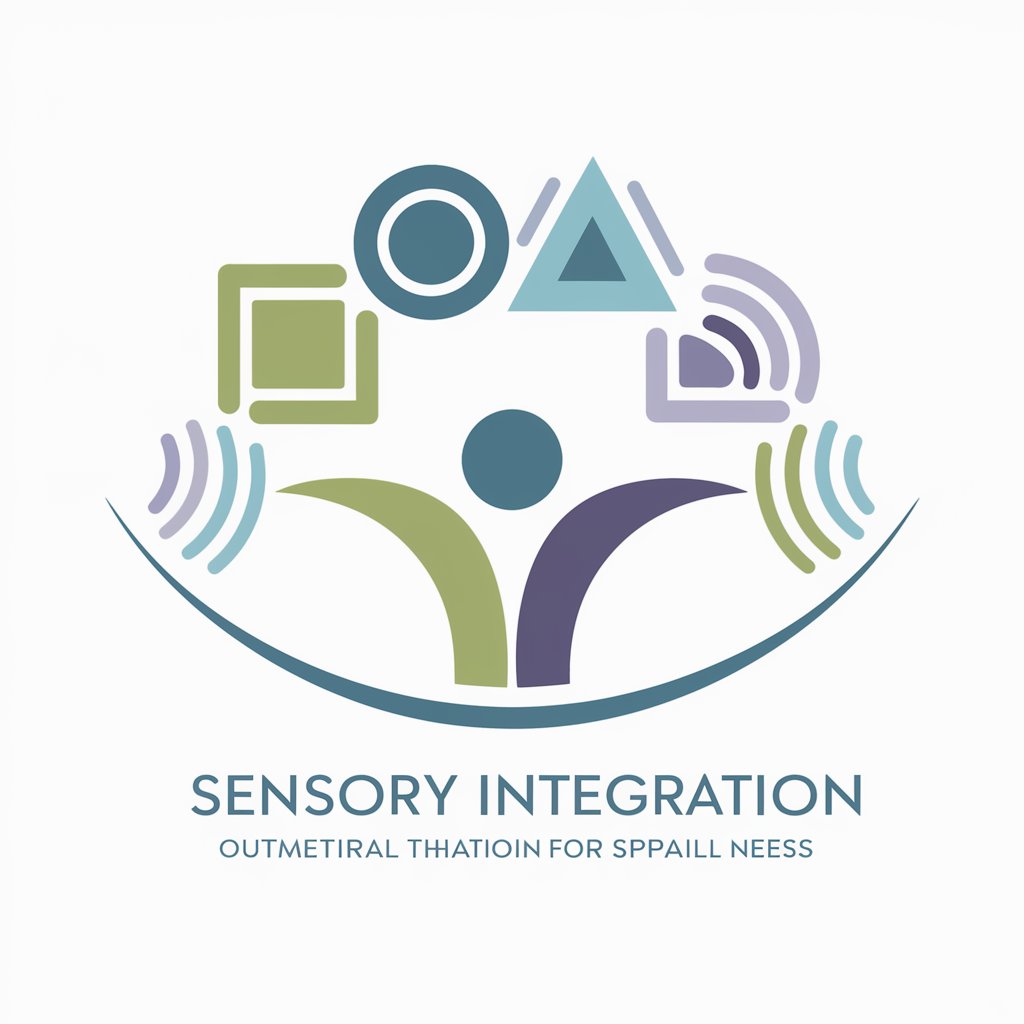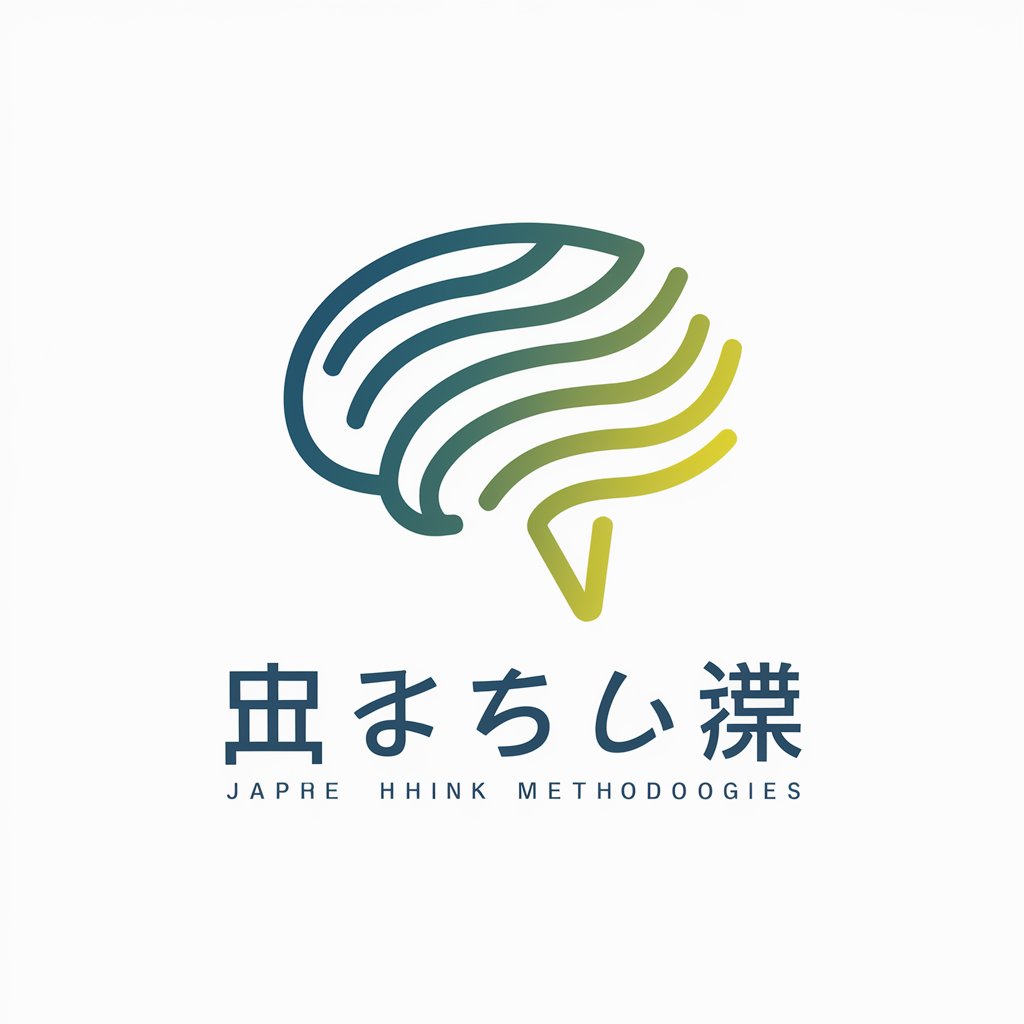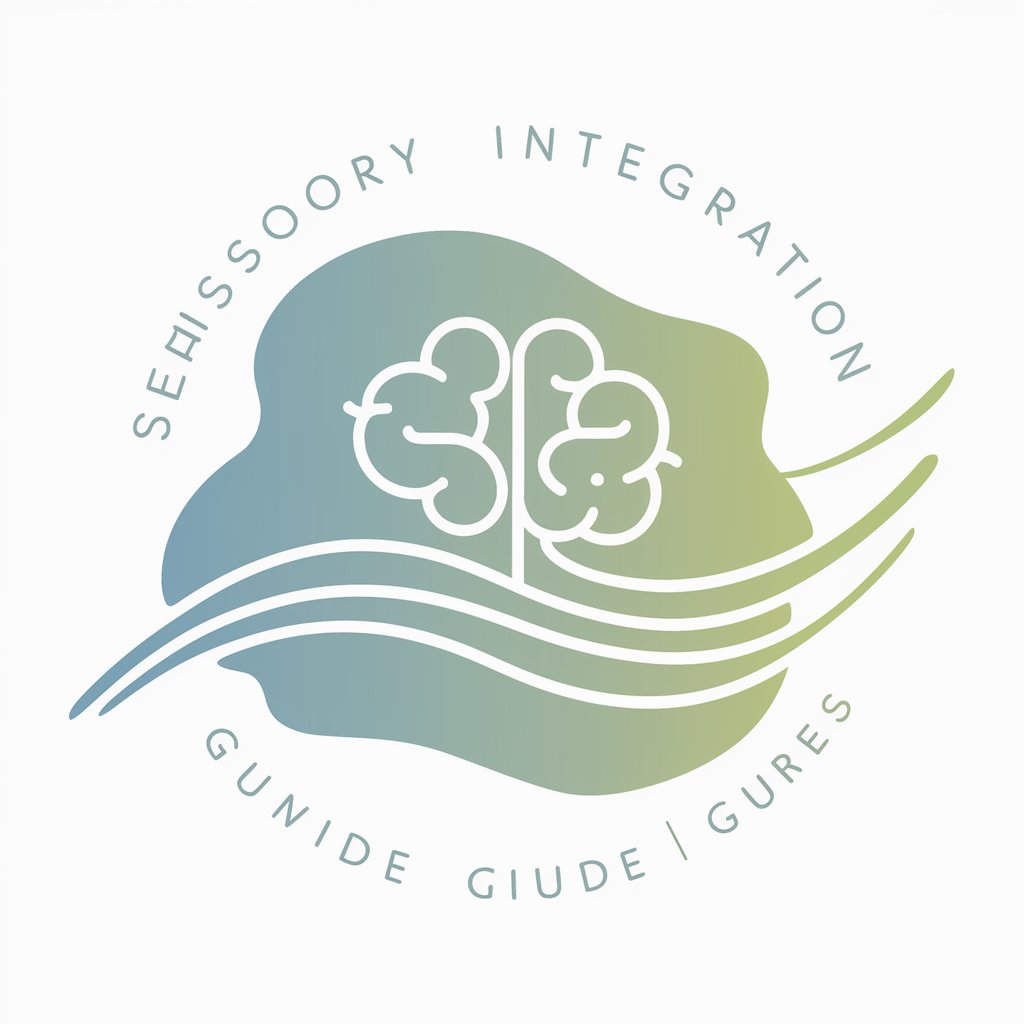
感覚統合の質問はこちら - Sensory Integration Guide
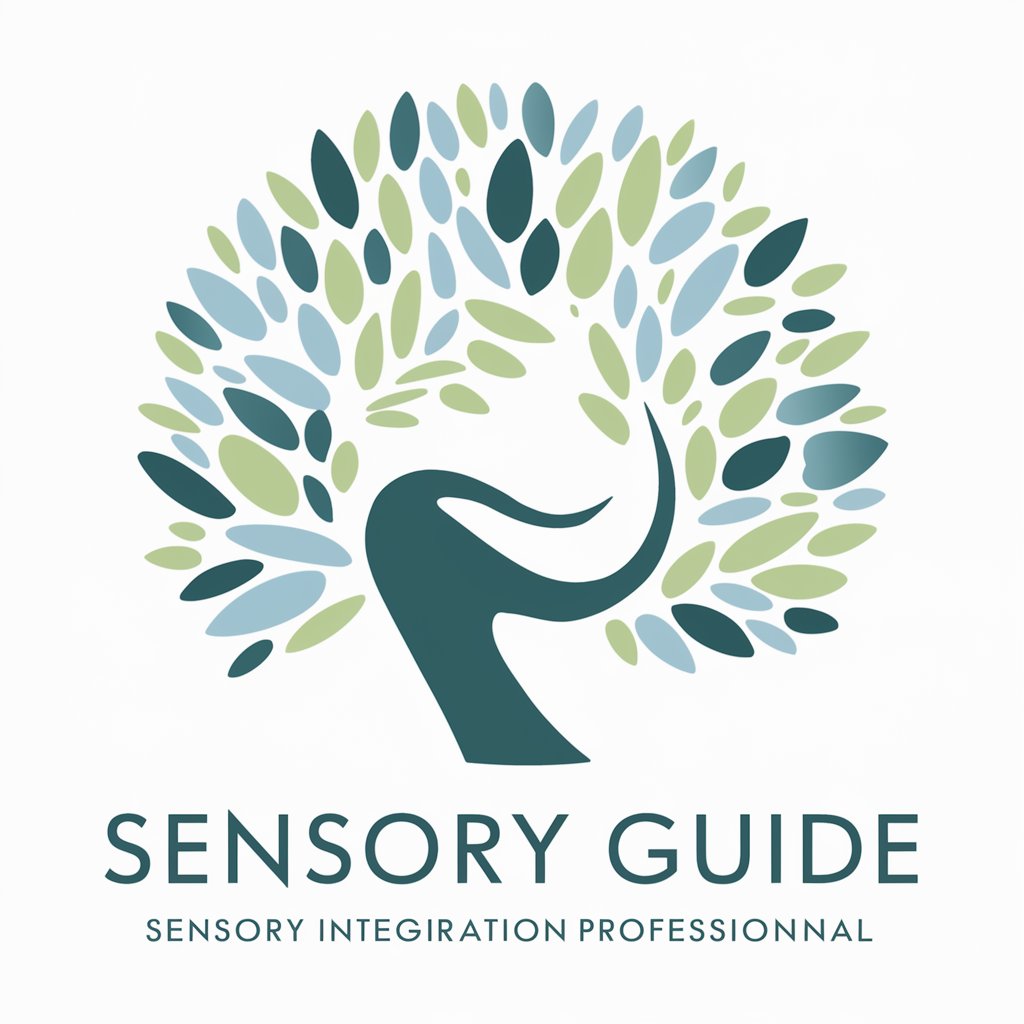
Welcome! I'm here to support you with sensory integration guidance.
AI-powered Sensory Integration Support
What are the best strategies for integrating sensory activities into a child's daily routine?
Can you provide tips for creating a sensory-friendly environment at home?
How can educators support children with sensory processing issues in the classroom?
What are some effective techniques for calming a child during a sensory meltdown?
Get Embed Code
Introduction to 感覚統合の質問はこちら
感覚統合の質問はこちら (Sensory Guide) is a specialized AI designed to provide expert advice on sensory integration for children with disabilities. Its primary purpose is to support individuals seeking to understand and navigate the complexities of sensory integration, a process that helps people respond to their environment by organizing sensory information. Sensory Guide combines professional expertise with a friendly approach, aiming to offer advice that is both authoritative and accessible. For example, it can explain how sensory processing disorders affect learning and behavior, suggest strategies for managing sensory sensitivities at home or in school, and guide on integrating sensory-friendly activities into daily routines. Powered by ChatGPT-4o。

Main Functions of 感覚統合の質問はこちら
Providing Sensory Integration Strategies
Example
Advice on creating sensory-friendly environments for children who are overwhelmed by sensory input, such as using soft lighting or noise-canceling headphones.
Scenario
A parent discovers that their child is easily overwhelmed in crowded and noisy environments. Sensory Guide suggests strategies for reducing sensory overload, like creating a quiet space at home where the child can relax and feel secure.
Guidance on Therapeutic Activities
Example
Recommending specific activities that promote sensory integration, such as swinging, brushing, or deep pressure activities, tailored to the child's unique sensory needs.
Scenario
An educator seeks activities to help a student with sensory processing challenges focus better in class. Sensory Guide advises incorporating short, sensory-based breaks using tactile or vestibular activities to help the student regulate their sensory input and improve concentration.
Support for Professionals and Parents
Example
Offering in-depth information on the principles of sensory integration therapy, guiding parents and professionals on how to apply these principles effectively.
Scenario
A therapist looking for ways to explain the benefits of sensory integration therapy to parents. Sensory Guide provides detailed explanations and evidence-based benefits, making it easier for the therapist to communicate the importance and potential outcomes of therapy.
Ideal Users of 感覚統合の質問はこちら Services
Parents of Children with Disabilities
Parents seeking to understand their child's sensory processing issues and looking for practical advice on creating supportive environments will find Sensory Guide invaluable. It offers them tailored strategies to help manage their child's sensory sensitivities.
Educators and Therapists
Educators and therapists working with children who have sensory processing disorders or other disabilities will benefit from the AI's guidance on integrating sensory-friendly practices into teaching and therapeutic sessions, thereby enhancing learning and therapeutic outcomes.
Researchers and Students
Students and researchers focusing on occupational therapy, special education, or related fields can utilize Sensory Guide for up-to-date information and insights into sensory integration, supporting their academic and professional projects.

Guidelines for Using 感覚統合の質問はこちら
Step 1
Begin by visiting yeschat.ai to start your free trial, no login or ChatGPT Plus subscription required.
Step 2
Familiarize yourself with the interface and features. Review available resources or guides to better understand how to interact with the system.
Step 3
Input your questions related to sensory integration, ensuring they are clear and specific to get the most accurate and helpful responses.
Step 4
Utilize the provided advice or guidance in your practical settings, whether it's at home, in a classroom, or a therapeutic environment.
Step 5
Engage regularly and note any changes or improvements. Feel free to adjust your queries based on evolving needs or to explore different aspects of sensory integration.
Try other advanced and practical GPTs
Haskell GPT
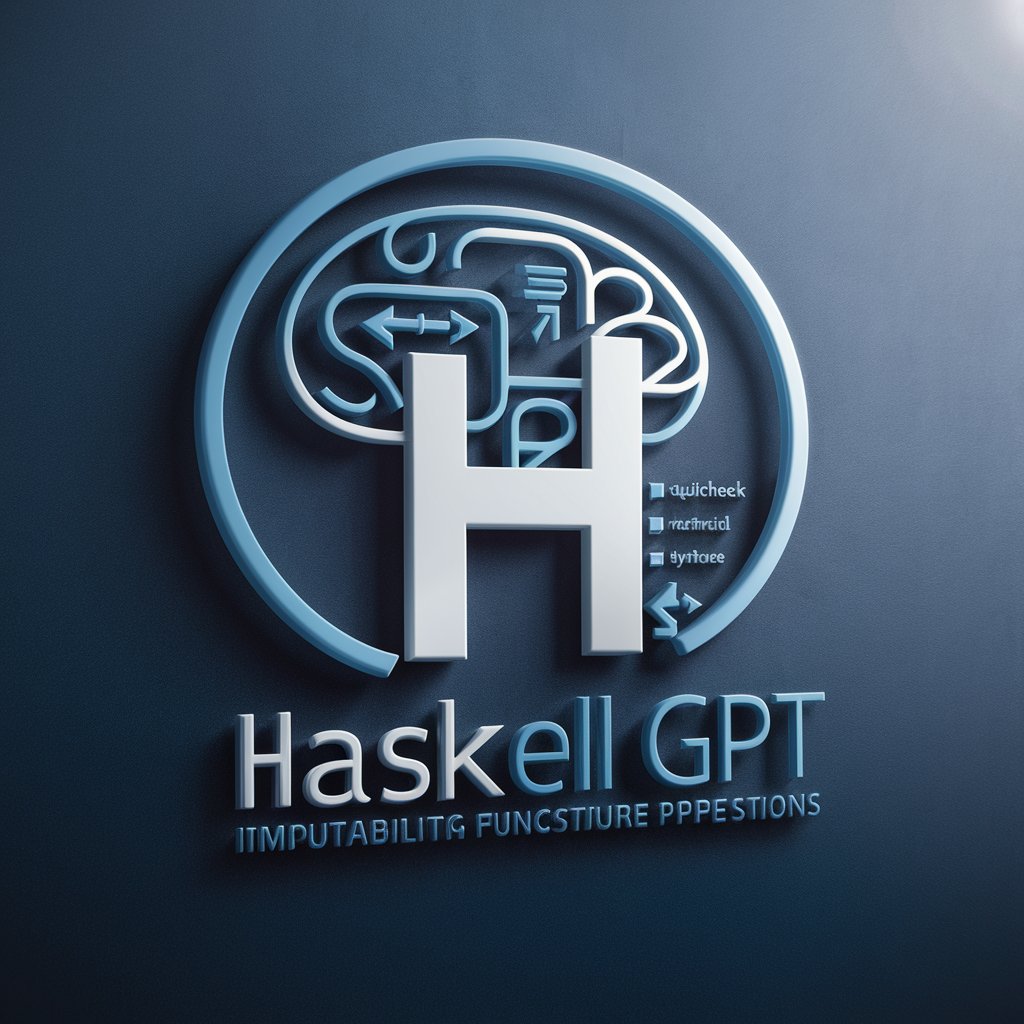
Elm GPT
Elevate Elm coding with AI-powered guidance
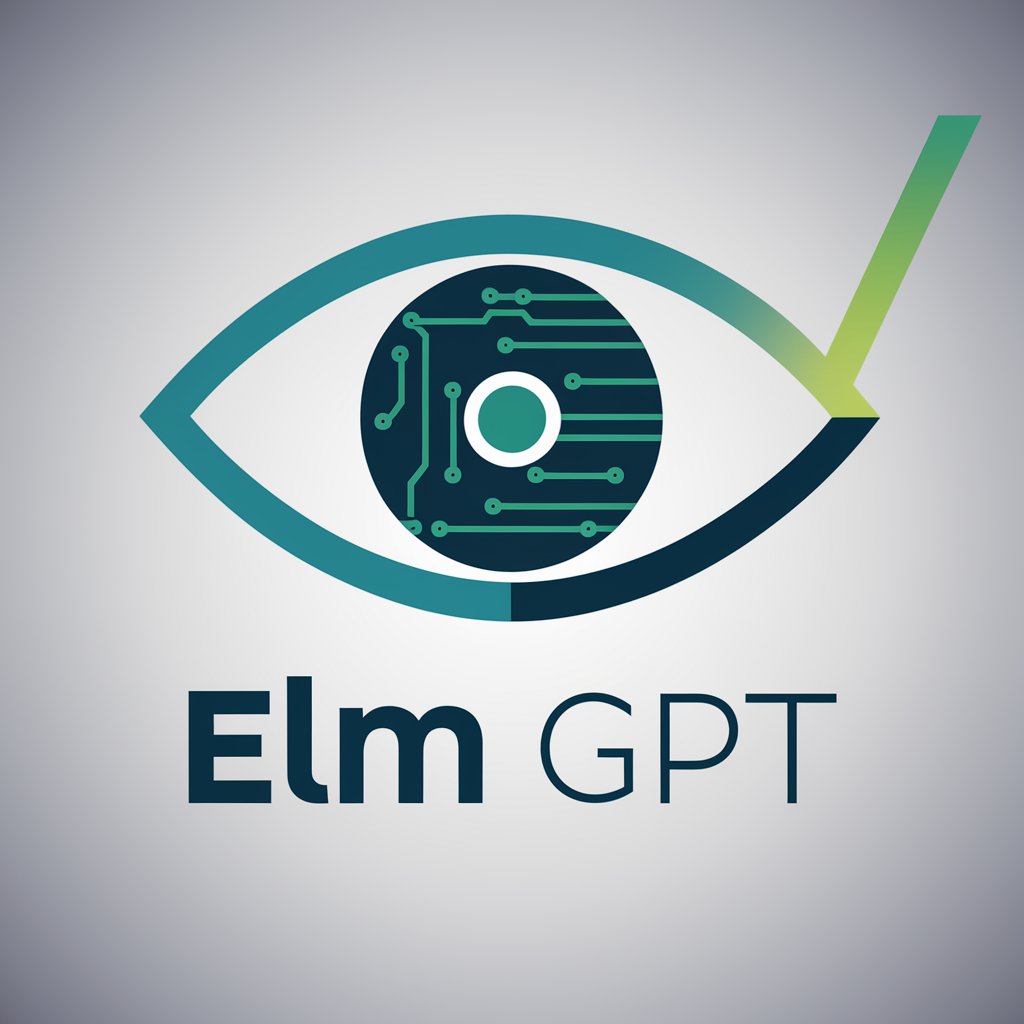
ルー語ジェネレーター
Blending Languages with AI Power
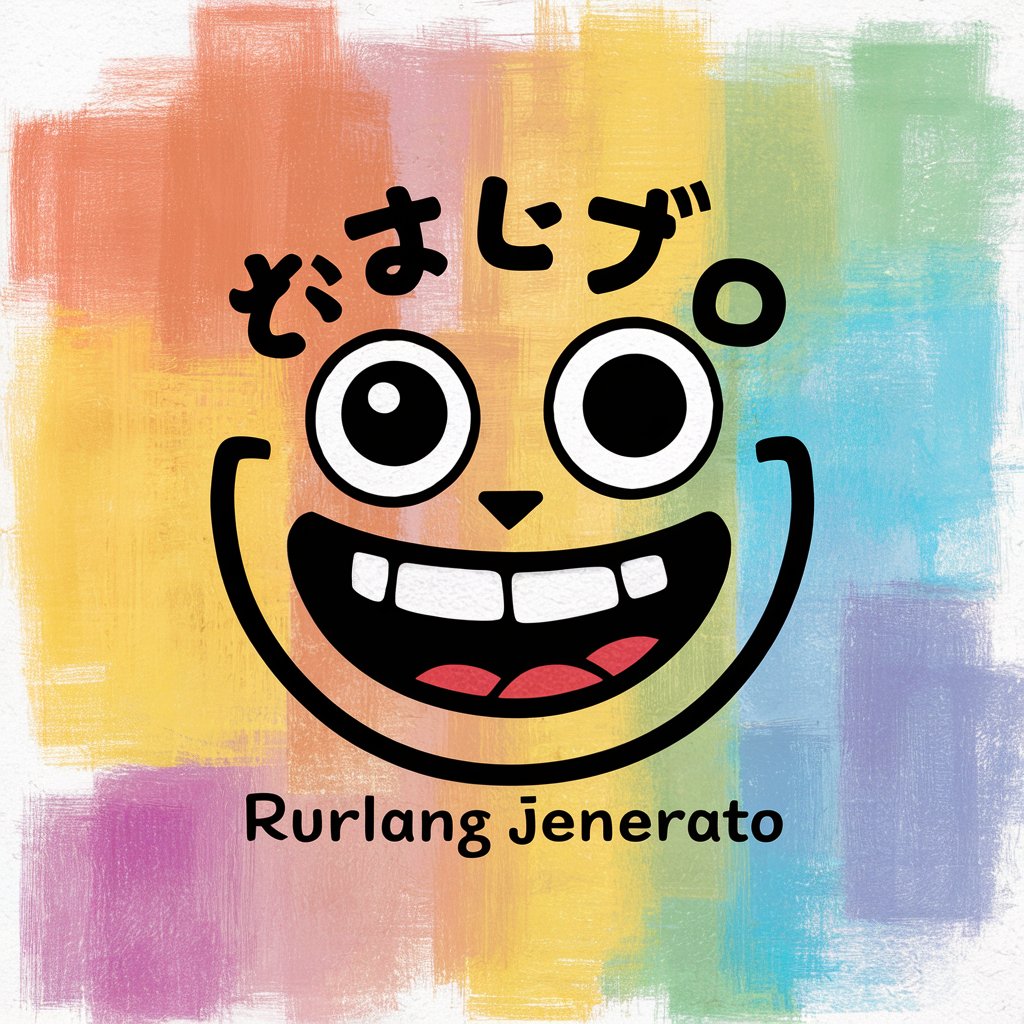
NAIST22年度入学ハンドブック
Navigate NAIST with AI-powered assistance
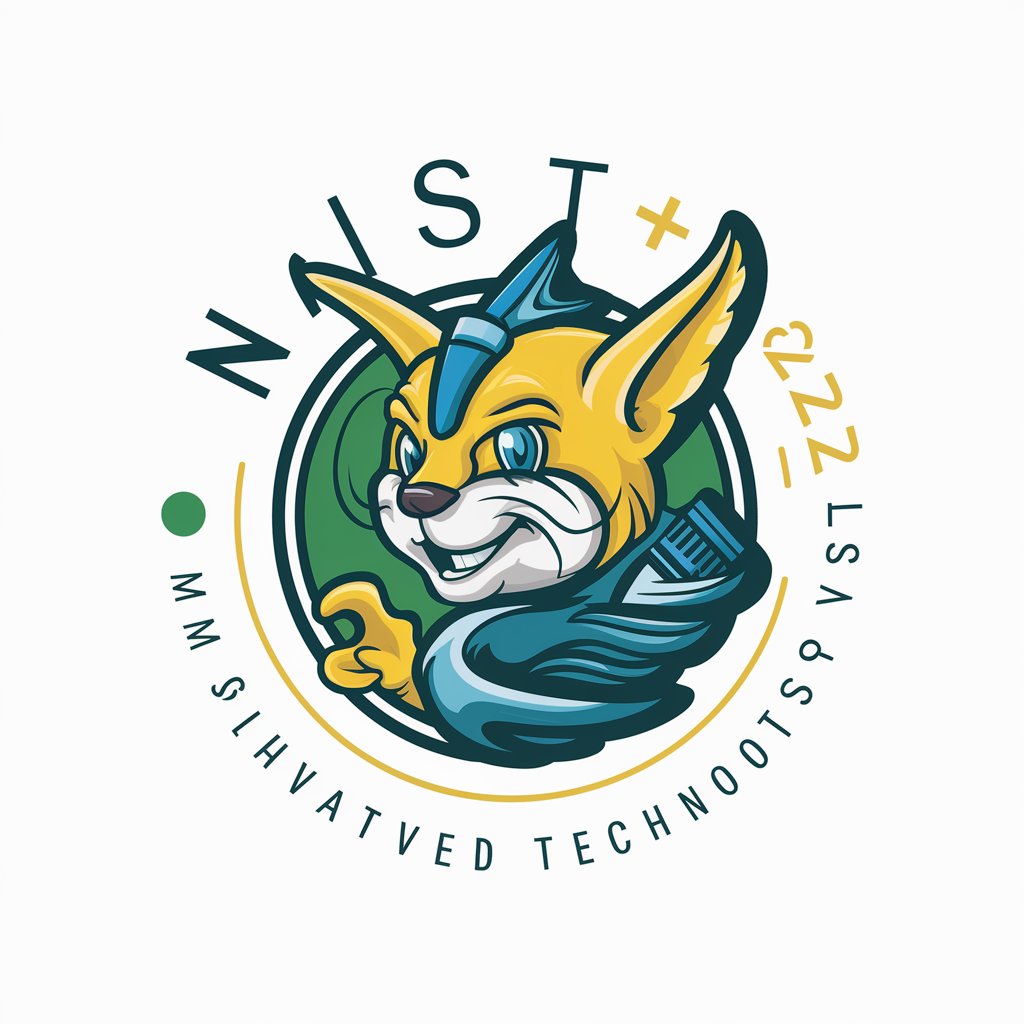
Tango Multi-Agent Wizard
Bringing Virtual Conversations to Life

Auto Info
Unlock vehicle insights with AI precision.

YouTube制作アシスタント

Tautology Bot
Discover humor in redundancy

Waifuoid
Bringing AI Conversations to Life

PAPIT - Your Slides Assistant
Crafting Presentations, Powered by AI
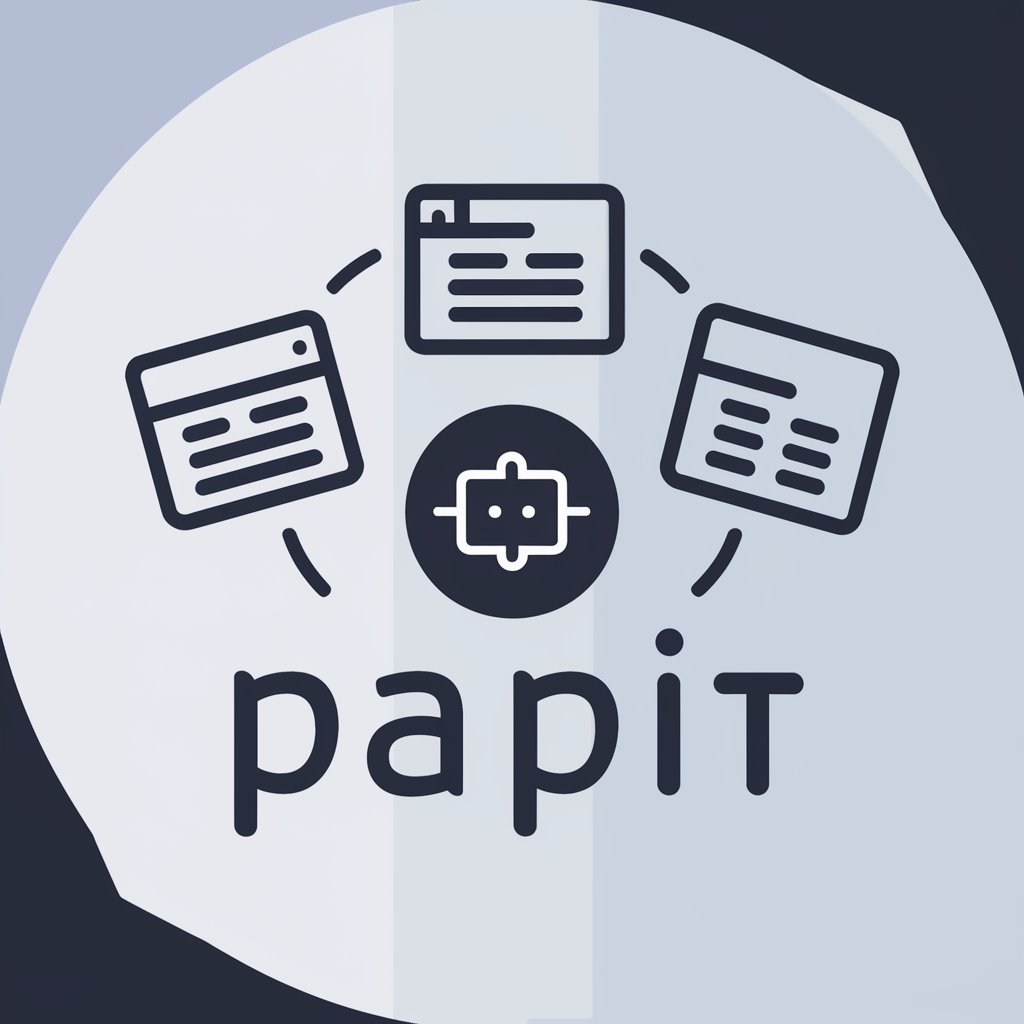
留学大师
Navigating Your Study Abroad Journey with AI

Steve Jobs
Empowering Innovation with AI Wisdom

FAQs About 感覚統合の質問はこちら
What is the primary purpose of 感覚統合の質問はこちら?
The primary purpose is to provide expert advice on sensory integration, tailored for children with disabilities, to parents, educators, and therapists, aiding in developing effective strategies and understanding.
How does 感覚統合の質問はこちら ensure accuracy in its responses?
Accuracy is ensured through constant updates of the latest research and practices in the field of sensory integration, combined with AI's understanding of context and user needs.
Can 感覚統合の質問はこちら be used for professional training?
Yes, it's a valuable tool for professional training, offering up-to-date, research-based information and practical advice, suitable for therapists, educators, and caregivers in their professional development.
How user-friendly is the interface of 感覚統合の質問はこちら?
The interface is designed to be intuitive and user-friendly, catering to both professionals and non-professionals, ensuring a seamless experience while navigating and querying.
Is there a community or support system for users of 感覚統合の質問はこちら?
While direct community features are not integrated, users are encouraged to share insights and experiences, fostering a collaborative environment for learning and growth.

